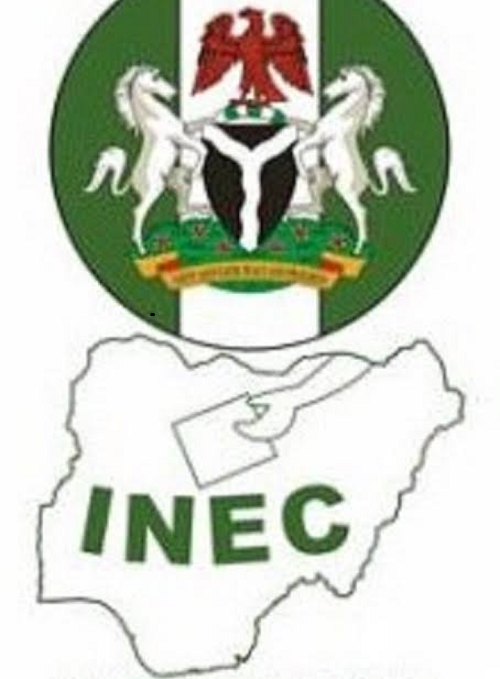The Independent National Electoral Commission (INEC) has released its official report explaining the failure to upload the results of the February 25, 2023 presidential election to the INEC Result Viewing (IReV) portal after the conclusion of voting.
According to the report, the 2023 general election was largely peaceful and orderly nationwide. However, a major challenge was the commission’s inability to upload the polling unit results for the presidential election to the IReV portal in real time at the close of polls.
The IReV portal, introduced by INEC before the 2023 election, allows the public to view scanned images of the original polling unit result sheets (Form EC8A).
After voting ends, presiding officers are supposed to scan and upload the result sheets to the portal for public viewing.
INEC said that while results for the National Assembly elections were successfully uploaded to the portal, attempts to upload the presidential election results generated “internal server errors”.
The commission said further investigation showed that the system was unable to “map the presidential results” to specific polling units due to the nationwide nature of the presidential contest.
“In the process of resolving the challenge, it was discovered that the backend system of the IReV was able to query and detect the base States for uploading the PU result sheets based on the mapping of all Senatorial District and Federal Constituency elections to the respective 36 States of the Federation and the FCT as established in the database structure deployed within the system.
“In configuring and mapping the election results for the presidential and NASS elections, the Commission created Four Hundred and Seventy (470) election types consisting of one presidential constituency covering the entire country, 109 Senatorial Districts and 360 Federal Constituencies. Each Senatorial District and Federal Constituency election on the database was mapped to their respective States. However, the presidential election result is a single, countrywide constituency and therefore, does not belong to any one State.”
INEC said to fix the problem, it deployed software updates (“hotfixes”) to resolve the error, and the first presidential result sheet was successfully uploaded at 8:55 PM on February 25th.
However, the electoral umpire explained that a large backlog of results caused delays, as the system struggled with high traffic volume. Some presiding officers had also switched off their devices or lost internet connectivity, preventing queued results from uploading.
INEC affirmed that the glitch did not impact the credibility of the election, as party agents were given copies of polling station results. The results were also displayed publicly at polling units for scrutiny.
INEC insisted that the technical issues were due to the complexity of the system and difficult to fully anticipate.
The commission said improvements have now been made to the IReV portal to build more resilience and stability, adding that additional checks and testing to avoid any recurrence of the upload challenges faced during the 2023 presidential election have been implemented.


Comment here